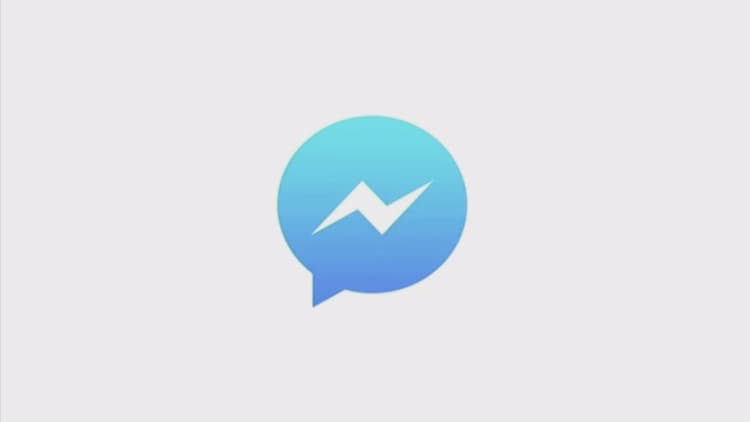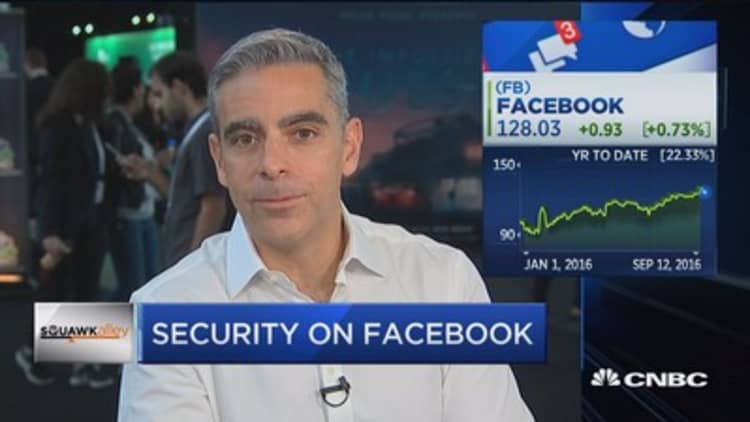
Facebook's Messenger has been a a wild success. The platform has over 1 billion monthly active users, 300 million of whom use the service for voice or video calls.
On Monday, while on stage at Tech Crunch: Disrupt in San Francisco, David Marcus, the company's VP of messaging products, said the company is now giving developers tools to enable bots to accept payments without sending users to an external website.
That ability to make "native" payments should help accelerate commerce on the platform simply because it minimizes friction. Credit card info stored in Facebook or Messenger can be used to instantly make purchases within bots. This is launching now as a closed beta test, but will later roll out across the 34,000 developers that have joined the platform.
Marcus also told CNBC on Monday that the platform now has 33,000 bots, up from 18,000 in July. Despite that massive number of companies and consumers actively engaged on the platform, it won't generate any meaningful revenue for Facebook this year, and that's by design, according to Marcus. He's working on a much bigger long-term plan to use Messenger to augment revenue from Facebook's newsfeed ads, as well as to lay the groundwork for the app to become THE way people communicate in the future.

Another bit of news: Consumers will no longer have to interact with bots only through text. Now developers can pull in web interfaces so users can scroll through lists or play games while still within the Messenger platform. The more variety consumers and brands have within Messenger, the better the chances consumers stay engaged.
"What we think about is that there's a conversation, and inside of that conversation you have a contextual place where you can have all of the interactions that you want or have or need to have with a brand or service, and it can take multiple forms. It can be buttons, it can be UI [user interface] and it can be conversational when it needs to be," Marcus said.
A lot of Marcus' mission comes back to extending a conversation from Facebook's core product to Messenger. "There's no better product we think than Facebook newsfeed to start creating intent, but when you need to complete that intent and start creating a relationship between you, the brand and your customers, we believe Messenger is the best place to do that," Marcus said in a First on CNBC interview.
"Eighty percent of our time is really focused on making Messenger your primary messaging platform. That's why we've built all of these features," Marcus said of the launch of encrypted messages and Instant video. "We can try to weave some sort of monetization goal into building these features, but actually what we want is to drive even more engagement than what we're currently seeing."
The more people can bring their everyday life onto Messenger, the more people will be engaged on the platform, he said, and the greater the opportunity to eventually generate revenue. But Marcus is in no rush as his first priority is making sure this messaging platform can't be replaced.


